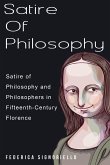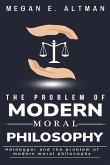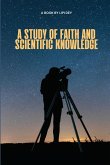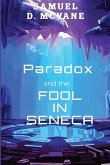I argue for the basic continuity of Plato's account of causation, from the Forms-asaitiai hypothesis of his middle period to the teleology of his late period. Against the prevailing view, according to which the Timaean teleology amounts to a retraction of the Phaedo's account of aitiai, I contend that in the Timaeus the metaphysical status of physical properties and processes remains essentially the same as it had been in Plato's middle period, when he first takes up the question of the relations among what Aristotle would go on to call "formal", "material", "efficient", and "final" causes. Against authors such as Gill, Annas, Fine, Mueller, Sedley, and Johansen, I argue that Plato has not elevated the explanatory status of efficient causes in the Timaeus, though he does, for the first time, take up the subject of natural philosophy and its epistemological status in a thorough way, which does mark a contrast with his middle period.








